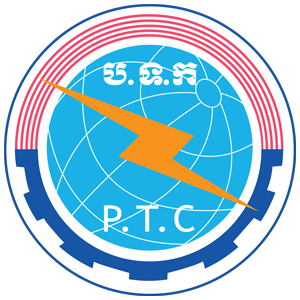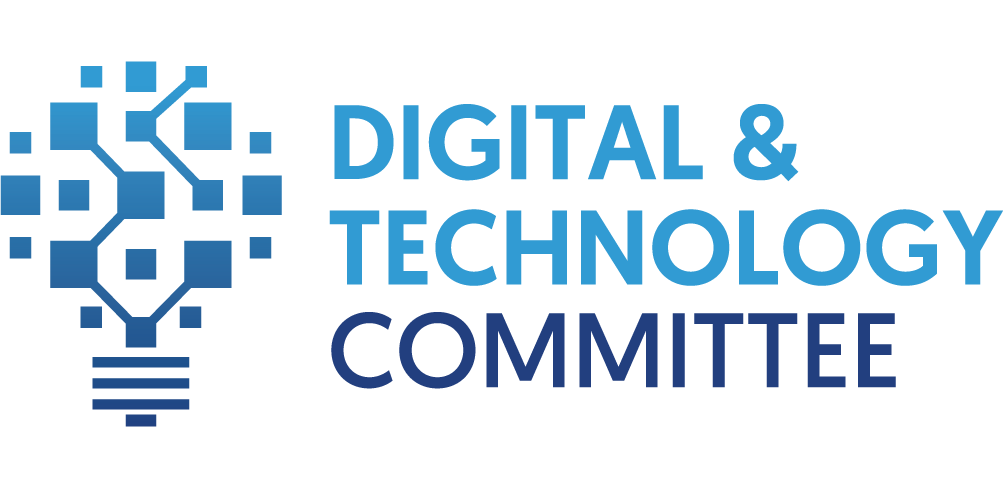Issue Description
Due to factors such as its relatively young population, Cambodia is one of the countries with highest mobile penetration rates in the world, with 20.8 million mobile connections registered in 2022, or 124% of the population. There are five mobile telecom providers in the country.
The Royal Government of Cambodia intends to strengthen the country’s digital connectivity and promote digital transformation, including the adoption and commercialisation of new-generation mobile technologies such as 5G. The main policy framework is the Cambodia Digital Economy and Society Policy Framework 2021–2035, which lays down the vision to “build a vibrant digital economy and society by laying the foundations for promoting digital adoption and transformation in all sectors of society – the state, citizens, and businesses – to promote new economic growth and improve social welfare in the new normal”.
The development and commercialisation of 5G seemed promising. In 2019, the country’s main telecom regulator – the Telecommunication Regulator of Cambodia (TRC) – allowed private telecom providers to run 5G trials on the national telecom infrastructure, in preparation for the issuing of commercial licences. The TRC has also repeated various times, such as in 2022, that they planned to issue 5G commercial licences in the near future and asked companies to participate in further 5G service development. Moreover, the Ministry of Post and Telecommunications (MPTC) pledged to publish a 5G policy and roadmap in 2022, along with allocation of spectrum and approvals to permit commercial operations.
Despite these pledges, the situation on the ground has looked weary for 5G deployment and commercialisation in Cambodia. The initial trial phase in 2019 was not followed up by commercialisation. As a matter of fact, a reverse trend happened, with the RGC shutting down 17 trial licences citing breach of telecom regulations, which seemed to be due to perceived wastage and inefficiencies in having so many operators providing their own separate 5G trial.
The RGC has also stated that 5G deployment is costly and they do not have a large budget for its implementation, therefore they have expressed a preference for a new business model involving smaller operators banding together to use the existing mobile bandwidth. The TRC has also stated that they plan to allocate 400 MHz of spectrum in mid-band ranges for 5G deployment. However, in the absence of a final and clear policy framework for 5G, and due to perceived uncertain commitment on allowing operators to run commercial 5G operations, telecom providers cannot commit to 5G investments.
Impact on business
Without clear incentives to invest in 5G infrastructure, the country’s telecom network risks being overloaded due to overconsumption. Cambodians already consume a high average amount of mobile internet data, calculated at 33 GB per user each month in 2022, with the global average being 12 GB.
This high use translates into stressing the country’s existing 3 and 4G network infrastructure, and meaning operators risk being unable to guarantee the promised navigation speeds to consumers. With slower-than-expected navigation speeds, e-commerce and digital trade risk taking a hit, in turn jeopardising the RGC’s vision for strengthened digital connectivity laid out in the Cambodia Digital Economy and Society Policy Framework 2021–2030.
Recommendation
- Prioritise the formulation and publishing of a 5G roadmap and policy, that set clear rules for the private sector’s engagement in the spectrum allocation, commercialisation and management of 5G technology.
We therefore respectfully recommend that the MPTC prioritise the formulation and publishing of a 5G roadmap and policy, that sets clear rules for the private sector’s engagement in the spectrum allocation, commercialisation and management of 5G technology.
With a clear policy on 5G, investors will be more incentivised to invest in the upgrading and commercial running of the country’s 5G network, ensuring faster navigation speeds for private consumers and businesses, in turn encouraging the spread of e-commerce and larger trade flows. Larger digital trade flows are in line with the RGC’s vision for digital integration within ASEAN.
Also, the involvement of private operators will encourage the development and spread of new technologies to enhance the nation’s 5G offer.
Royal government of Cambodia
Initiative from Eurocham: The issue has been raised by the Digital & Technology Committee within The White Book edition 2024 in the Recommendation No. 28.

National Counterparts

Ministry of Posts and Telecommunications
Contributors


